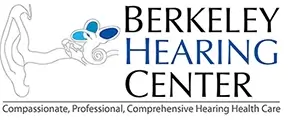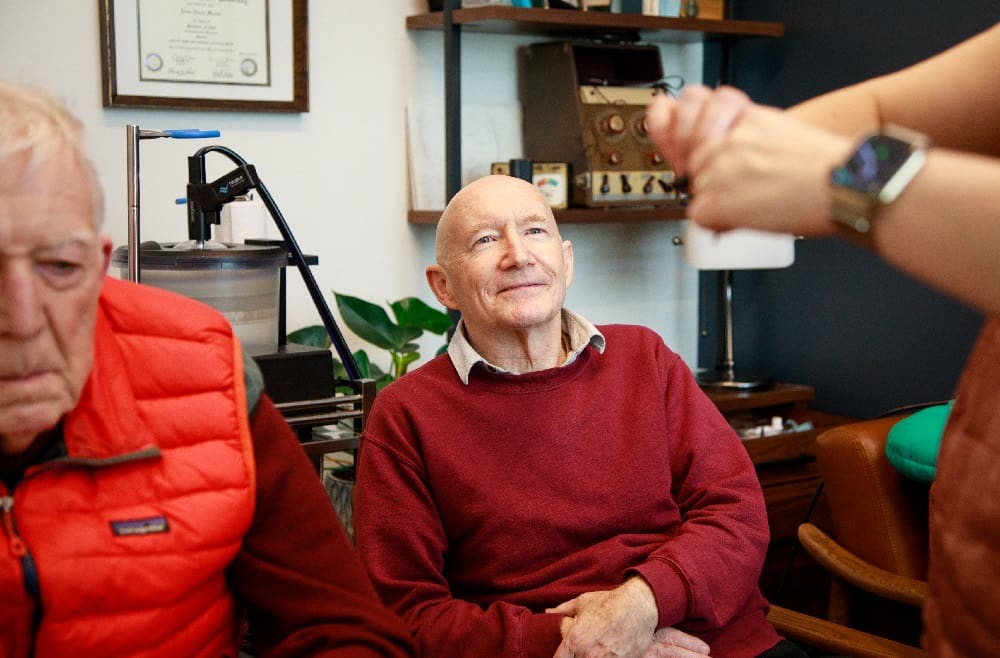2022-08-27
Jonathan Lipschutz Audiologist, M.S., F-AAA, Co-Owner
After 5 long years, on August 16th, the Food & Drug Administration (FDA) finally released official guidelines creating an over-the-counter (OTC) category of hearing aids. Now what?!
Well, based on what I’ve been reading in the media, you’d think I’ll be forced to close my practice and find something else to do with my life since now, people don’t need to see a professional with decades of training, experience and expertise to address their hearing loss. But the reality is that, in the short to medium term, OTC hearing aids will likely just add to the public's confusion about how to address their hearing loss/issues. Why? Because the information critical to folks understanding and properly addressing their issue(s) isn’t being disseminated and/or emphasized.
It’s safe to say that, here in America, we don’t do public health as well as we could or should. That’s not to say that we don’t have the expertise and information to do public health well. We do. But we often don’t translate that expertise and knowledge into good public health policy or action. Hearing healthcare is a prime example of that.
The scientific and medical community certainly know a great deal about the effects of hearing loss on a personal and societal level. And we also know a great deal about the individual and societal benefits of early and consistent treatment of hearing loss. And yet, we still have tens of millions of citizens struggling with hearing loss. Why is that?
In my opinion, the overarching reason is that we haven’t emphasized educating the public about hearing health-the benefits of prevention, the benefits of early identification and consistent treatment of hearing loss or the physical/psychological/monetary costs of untreated hearing loss. I’d wager most people don’t even know Audiologists are the professionals specifically trained with expertise in identifying/treating hearing loss. I’d wager even more that the vast majority of the public doesn’t know hearing aids are the (only) treatment for nerve hearing loss, by far the most common type.
Knowledge is power. If the public had an adequate understanding of the importance of good hearing healthcare, I believe public policy and legislation would be created aimed at improving access to good, more affordable hearing healthcare. Instead, what we have is confusion.
Hearing aids, whether OTC or prescription, aren’t hearing healthcare. They are simply a tool (the most significant certainly) for addressing hearing loss. But effectively saying that self-diagnosing and self-treating hearing loss is hearing healthcare, let alone good hearing healthcare, is ultimately a disservice to the public, sowing more confusion.
Now with all of that said, I am ultimately in favor of this legislation. I DO think it will help people address hearing loss earlier, reduce stigma and (in time) reduce costs to consumers for the devices themselves. But what about the healthcare component? Next month’s article will dive into that.
Till then, please continue to love your community by getting vaccinated/boosted & masking where and when appropriate. And please always support our local businesses.
https://berkeleyhearing.com/wp-content/uploads/2021/11/Stay-informed-about-the-latest-in-hearing-healthcare.jpg
Jonathan Lipschutz Audiologist, M.S., F-AAA, Co-Owner






